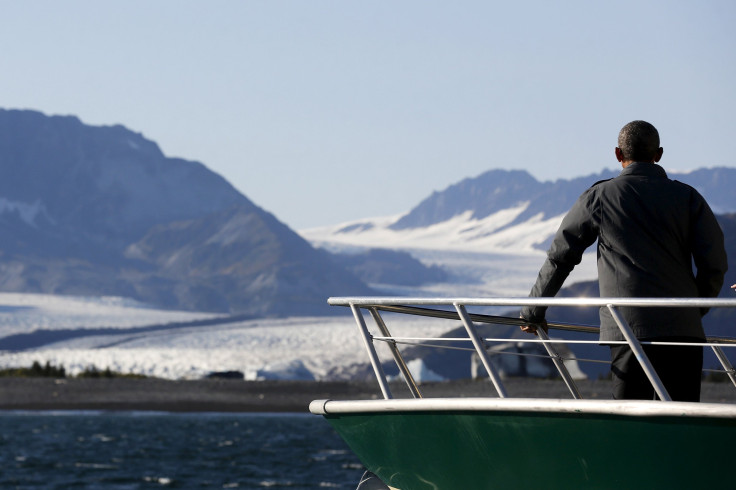Climate Change Effects: Genes Altered, Sea Level Rise And The Spread Of Disease Affecting Most Environmental Processes

Genes are changing. People are getting sick. Sea levels are rising. And that’s only part of the mounting impacts of climate change, a new study finds.
Over 80 percent of Earth’s ecological processes have already been hit by climate change, according to a study published Friday in Science Magazine from researchers in Hong Kong and Florida.
“Anthropogenic climate change is now in full swing, our global average temperature already having increased by 1 [degree] Celsius from pre-industrial levels,” the authors wrote in the paper.
Sea water levels have risen by almost 7.8 inches as ice has melted and oceans have expanded from that warming since 1870, the study notes. Those conditions led to flooding in low-lying coastal communities and displacement of fish populations fleeing warmer waters. As a result of those and other effects, 82 percent of the 94 ecological processes that were evaluated in the study appeared to be impacted by climate change.
"We now have evidence that, with only a roughly 1 degree Celsius of warming globally, major impacts are already being felt in natural systems," Dr. Brett Scheffers, a professor at the University of Florida and a lead author of the study, told Haaretz news. "Genes are changing, species' physiology and physical features such as body size are changing, species are moving and we see clear signs of entire ecosystems under stress, all in response to changes in climate on land and in the ocean."
While those impacts are being seen across the globe there is evidence that suggests living life on Earth may be slow to adapt to the challenges. Plant and animal species on Earth are known for their ability to adapt to changing environmental factors, but the rate at which climate change is taking hold may outpace the ability for wild plant species to change. That relatively slow rate of adaptation is pushing humans to try to genetically modify plants. In Israeli, researchers have been working to develop a more resilient apricot to survive in the warming climate.
When it comes to organisms on Earth that are actually thriving with changing climates, however, the outlook for humans isn't all great. Mosquitoes, for instance, which do well in warm and wet environments that are proliferating on the planet, are increasing the risk of mosquito-borne illnesses in areas where that risk was previously quite small.
Global levels of carbon dioxide in the atmosphere from humans burning fossil fuels have remained relatively stable over the last three years but have already reached a threshold considered to be dangerous by climate scientists. Scientists noted in September that a 400 part-per-million threshold of CO2 in the atmosphere, which was seen as a major milestone in combatting the impacts of a changing climate.
Forecasts for the future from the Intergovernmental Panel on Climate Change predict as much as a 2.5 to 10 degree Fahrenheit warming across the planet over the next century and temperatures from there are likely to continue to rise. That change in global temperature and climate will lead to more droughts and heat waves as well as changed precipitation patterns, stronger storm events like hurricanes and a 1-4 foot sea-level rise by 2100, according to the IPCC.
© Copyright IBTimes 2025. All rights reserved.






















